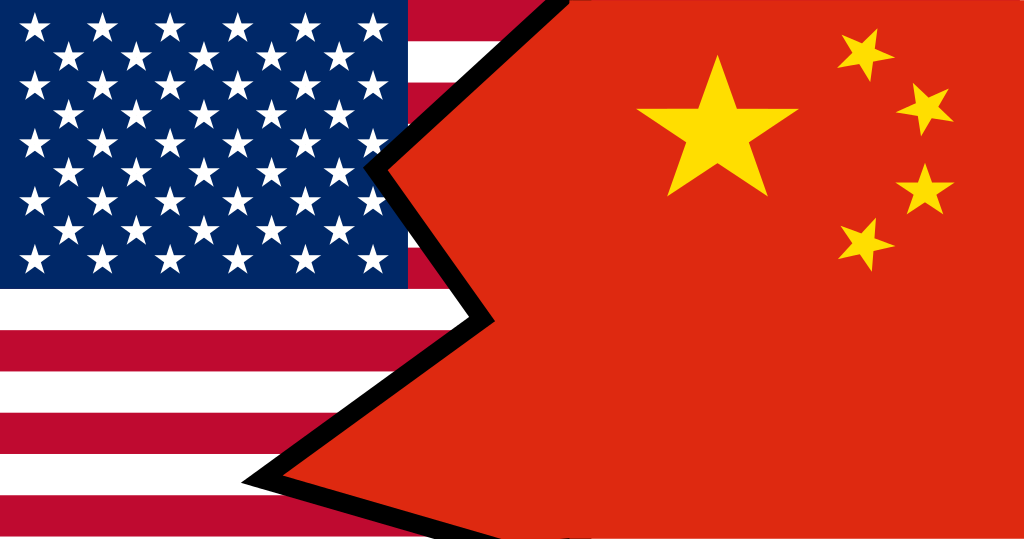For the past half-year, China has been quietly recruiting countries to join a new international bank that will fund infrastructure projects in the developing world. The Asian Infrastructure Investment Bank (AIIB) is a thinly veiled component of China’s “New Silk Road,” a policy goal to expand Chinese soft power influence throughout Asia by investing in much-needed infrastructure projects and generating political goodwill.
The bank would have competed with largely American-dominated institutions like the Asian Development Bank, the International Monetary Fund (IMF) and the World Bank. But with the second largest economy in the world, China only has a 3.8 percent stake in the IMF, less than France, Germany or Japan, and only slightly more than Saudi Arabia. China and other developing nations like India, Singapore, Turkey and New Zealand were early supporters of the AIIB precisely because they were shut out of these other institutions that were dominated by the United States and its allies. China’s frustration with the present arrangement has only been exacerbated by the U.S. Congress’ inability to pass internationally agreed upon reforms to the IMF’s voting structure. As discontent brewed, U.S. Secretary of Treasury Jack Lew presciently warned Congress that delay in ratifying the reforms would threaten America’s global influence.
American media had largely ignored China’s maneuverings until earlier in March when Great Britain, one of the U.S’s closest allies, shocked the nation by announcing its intention to join the bank as a founding member. The White House’s response was swift and angry, attacking Britain for its “constant accommodation of China.” If the United States had hoped that this would serve as a warning to other countries, it hasn’t worked. A week later, France, Germany, Switzerland and Italy issued a joint statement with their intention to join the bank. Australia, Brazil, Spain and South Korea soon followed.
Even Norway, whose relationship with China has been particularly cold since the Nobel Committee awarded the Nobel Peace Prize to Chinese dissident Liu Xiaobo, and Taiwan, who owes its functional independence from mainland China to the United States, have applied for membership. Israel’s latest application has been a particular slap in the face for the Obama Administration, given Israeli Prime Minister Netanyahu and President Obama’s current spat.
The United States and Japan have been virtually alone in sitting the AIIB out. Although the United States has not publicly opposed the AIIB as a concept, they had been quietly urging their allies to sit on the sidelines. America’s rhetoric and stance toward the AIIB has softened somewhat since their sternly-worded letter against Britain, now pledging to work with the AIIB through the IMF and the Asian Development Bank. But America’s attitude toward the AIIB still remains lukewarm at best.
That the AIIB is multilateral is precisely why the United States should stop worrying about the AIIB. Their public concern is that the AIIB will not be beholden to the kind of strict environmental, labor rights and financial transparency restrictions that the other, more established banks follow. Given China’s track record, this would have been a legitimate concern before Britain’s membership announcement. Now that highly developed Western economies have joined the bank and can influence its operations, it is highly unlikely that the bank would or even could operate without following stringent international regulations.
I also believe that American officials, in private, are worried that a rising China would challenge American hegemony in the Pacific. They shouldn’t worry about that either. These latest developments do not portend a rising China at the expense of American power. On the contrary, they are an acknowledgement by the Chinese that they need to operate multilaterally and with international consensus in order for the “New Silk Road” to succeed.
Wariness of China’s economic entanglements in Africa and Asia have boiled to the surface in recent years, with the governor of Nigeria’s Central Bank even accusing China of practicing a “new imperialism.” Although China’s bilateral arrangements with the governments have brought economic opportunity, they have also brought with them massive wealth inequality and an influx of Chinese workers usurping local jobs. Sri Lanka is a good example of this, where a government friendly to Beijing — and thought to be relatively secure — was replaced by voters with a new administration that has placed intense scrutiny on China’s infrastructure investments.
These lessons have forced China to take a step back and re-approach its strategy by seeking consensus and international support. Unable to influence the agendas at the current pillars of the global economic order, China naturally sought to create its own alternative. The AIIB, armed with the economic expertise of western economies and the support of the developing nations it will help, along with the legitimacy that comes with a multilateral approach, will achieve more than China could ever hope to by itself.
For the past few years, headlines regarding China have frequently commented on its conflicts with neighbors over territory, oil and fishing rights. Now China is trying to play nice with its neighbors, and the United States should get over its hurt ego and encourage this new behavior. By continuing to stand alone in opposition to the AIIB, we risk looking like a schoolyard bully who won’t admit to making a mistake.
Edmund Xu is a College senior from Los Altos, California.
Edmund Xu is a College senior from Los Altos, California majoring in Political Science and Chinese. In addition to being a staff writer for Editorials, he's a Tour Guide Admission Fellow, an Orientation Leader and involved in Volunteer Emory and Project Shine.







